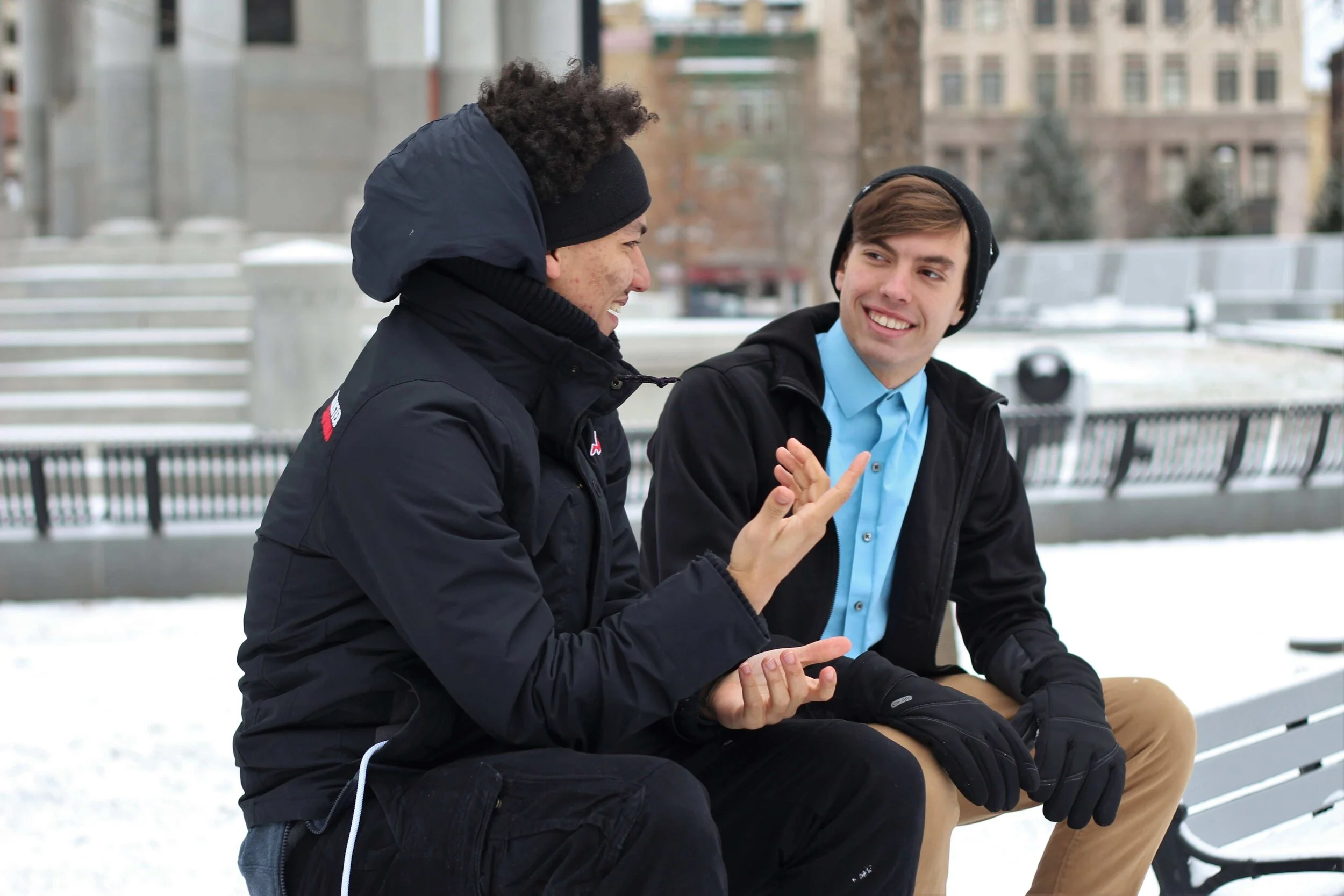Image Unsplash
What does love mean (when it comes to our attitude towards Muslims)?
I grew up as a Muslim, in Kashmir where I lived with my parents. Ours was not a particularly religious world. Very few people in our village went to the mosque or followed some of the other duties expected of them by their religion. My father, however, was known as a religious man. He was my role model, so I tried to follow his example as I grew up.
He used to say to us that one’s religion was worthless if it did not benefit the needy. Slowly I began to understand what this meant. Ours was a welcoming and hospitable household. I could see that if people were hungry or thirsty or needed advice they would come to us. On occasions I saw my parents loan money to people (I am convinced some of it was not repaid).
After being sent to England, I moved away from my Kashmiri culture and my religion (the two were indistinguishable for me).
A Muslim Facebook friend recently posted that he had learnt about love from the Christians. It was the same for me. I could see the Christians I encountered were different from the other white people. Based on what I observed in them (and only that), after many years of little or no religious belief I was slowly drawn, and converted, to Christianity. As a follower of Jesus, I learnt that Love was a command in the Bible. We are told to ‘Love your Neighbour’. Jesus used the example of the Samaritans (a despised group) in order to explain what it meant. If he was telling that story now in the British context, it is likely he would use Muslims as the despised community, instead of the Samaritans.
The Bible also teaches us to love our enemies and pray for them; a very countercultural message indeed. There are plenty in our society (including some Christians sadly) who see the Muslims as an enemy. We are also taught not to oppress our neighbour (Exodus 23:9; Zechariah 7:10) . When it comes to Muslims in our society, many are oppressed and disadvantaged.
Many Muslims are immigrants, and even more are treated as such even when they are second or third generation British. We know that they are equally created in God’s image, and he would want us to welcome them and love them.
The Anglican report Faith in the City pointed out that many of us are willing to help individual victims of oppression, but fewer of us are willing to rectify injustices in the structures of society. This is because the former is easier. There is little risk involved.
But to be a protagonist of social change may involve challenging those in power and risking the loss of one’;s own power. Helping a victim or sufferer seldom involves conflict; working for structural change can hardly avoid it. Direct personal assistance to an individual may seem relatively straightforward, uncontroversial and rewarding; involvement in social issues implies choosing between complicated alternatives and accepting compromises which seem remote from any moral position.
And yet the Bible teaches us to speak up for those who cannot speak for themselves and execute justice for the immigrant (Deuteronomy 10:18). ‘For God so loved the world that he gave his one and only Son’ (Jn.3:16). How far does our love extend when it comes to Muslims in our society?




















